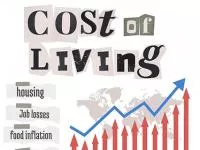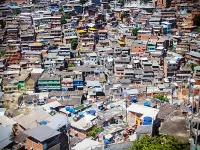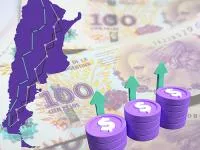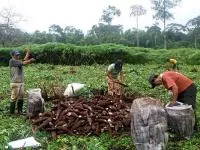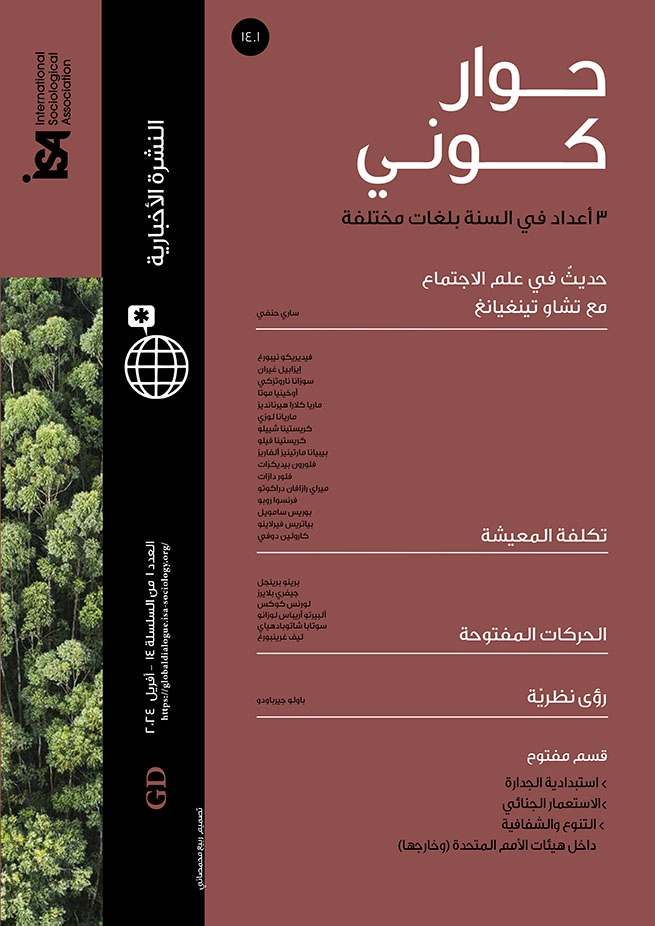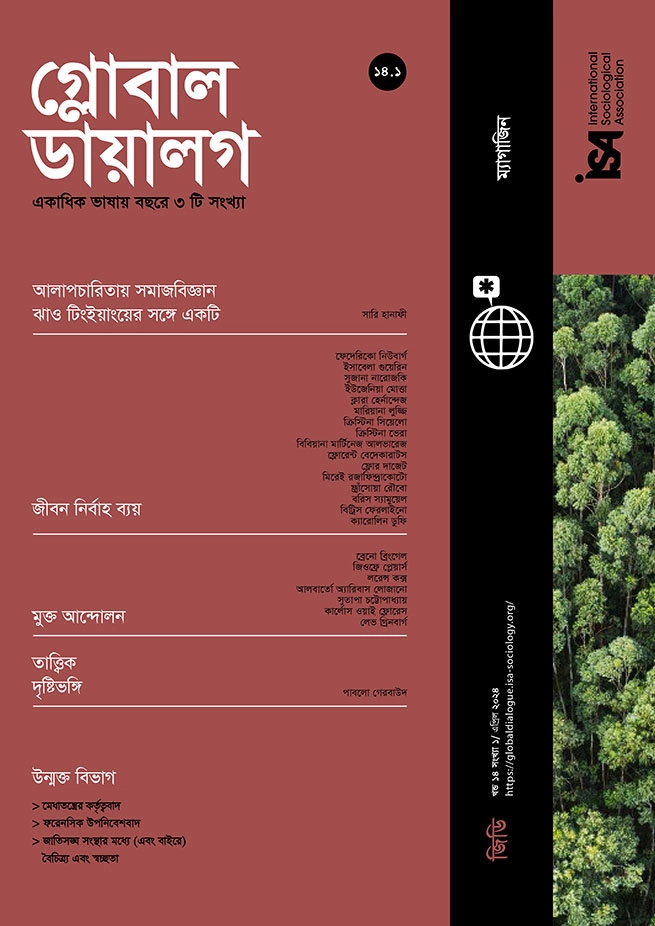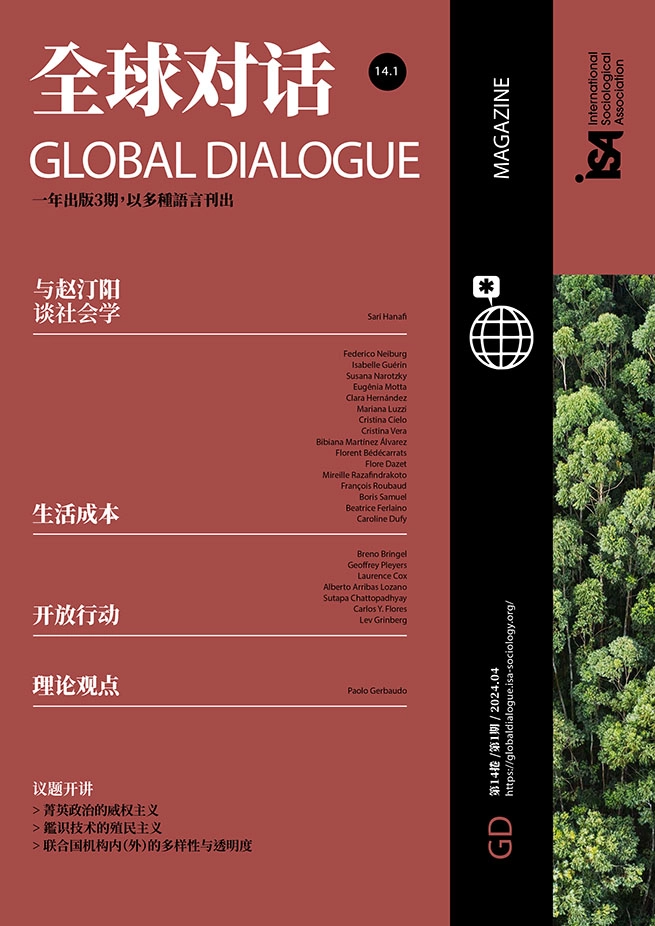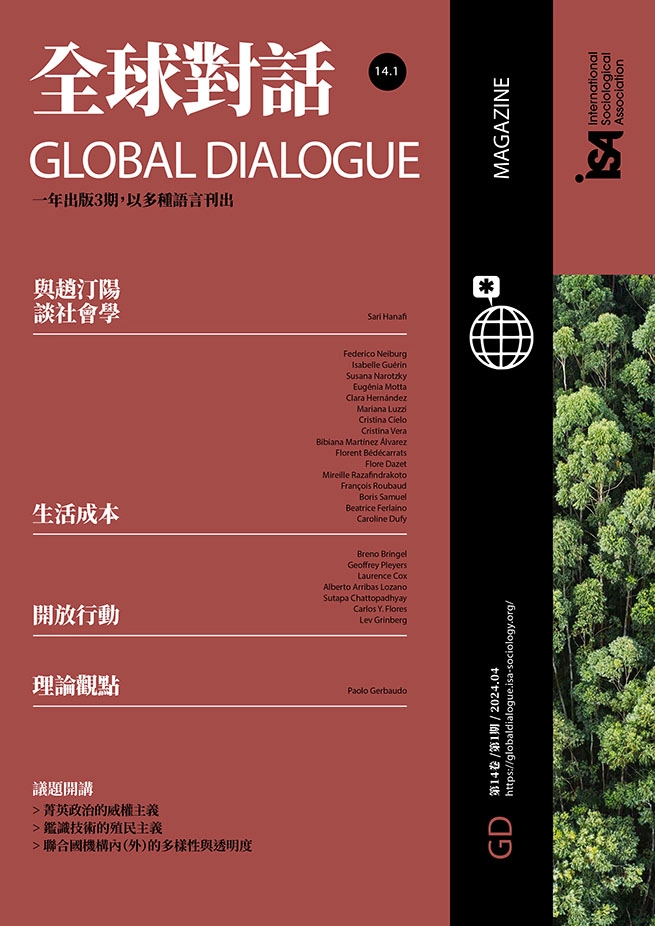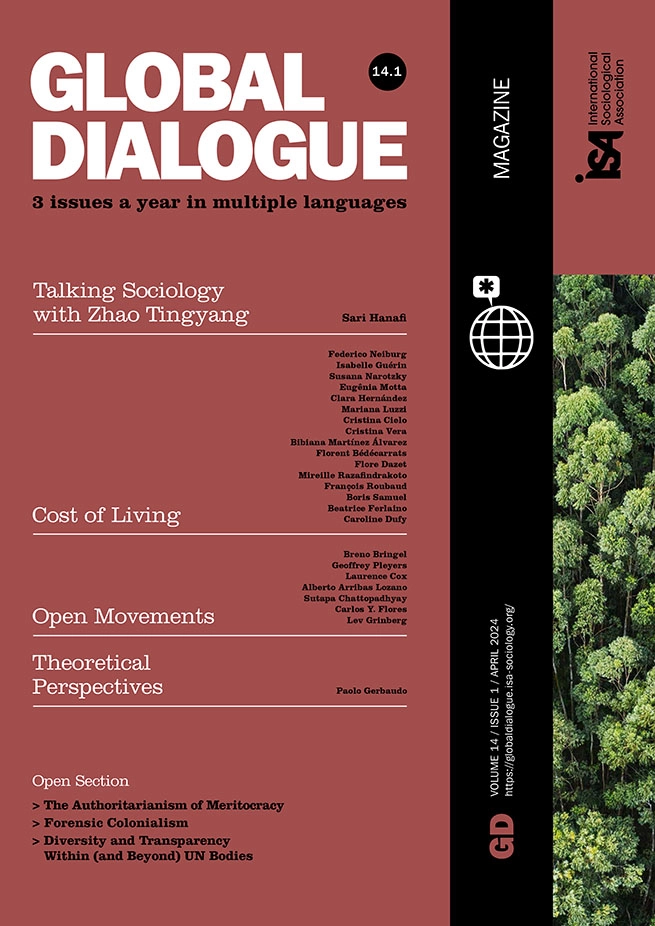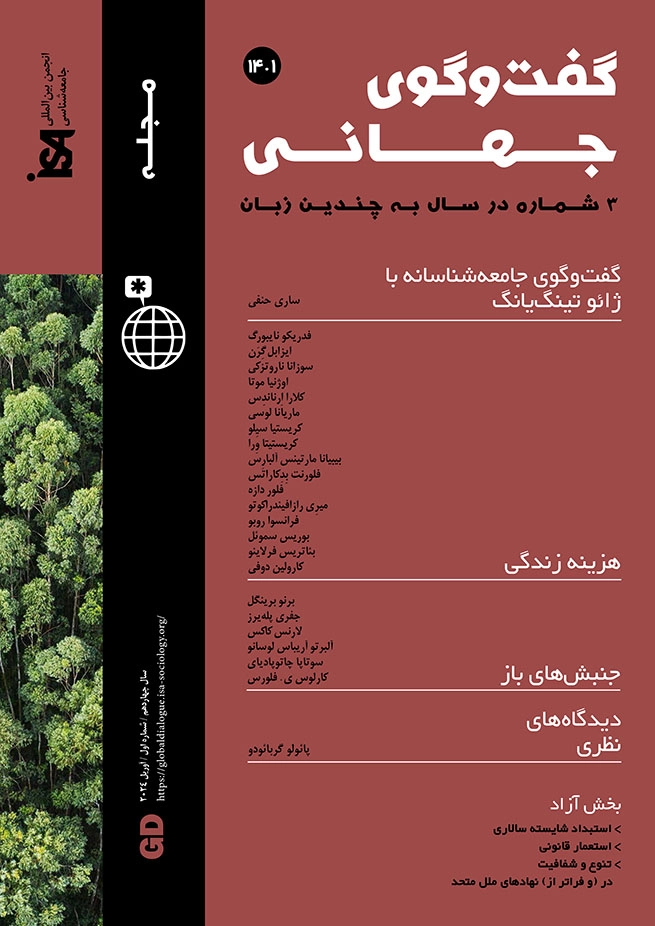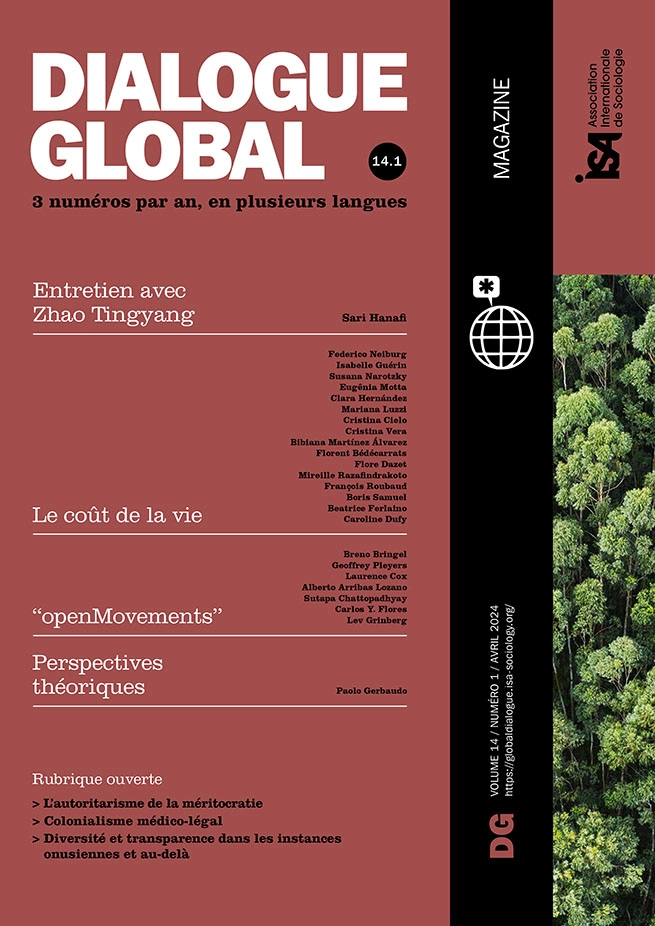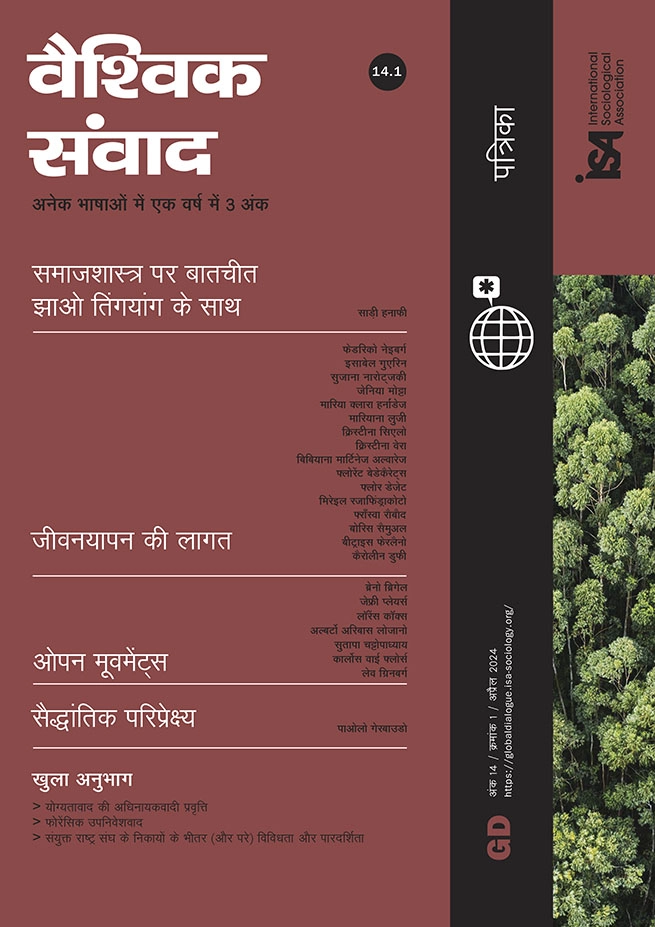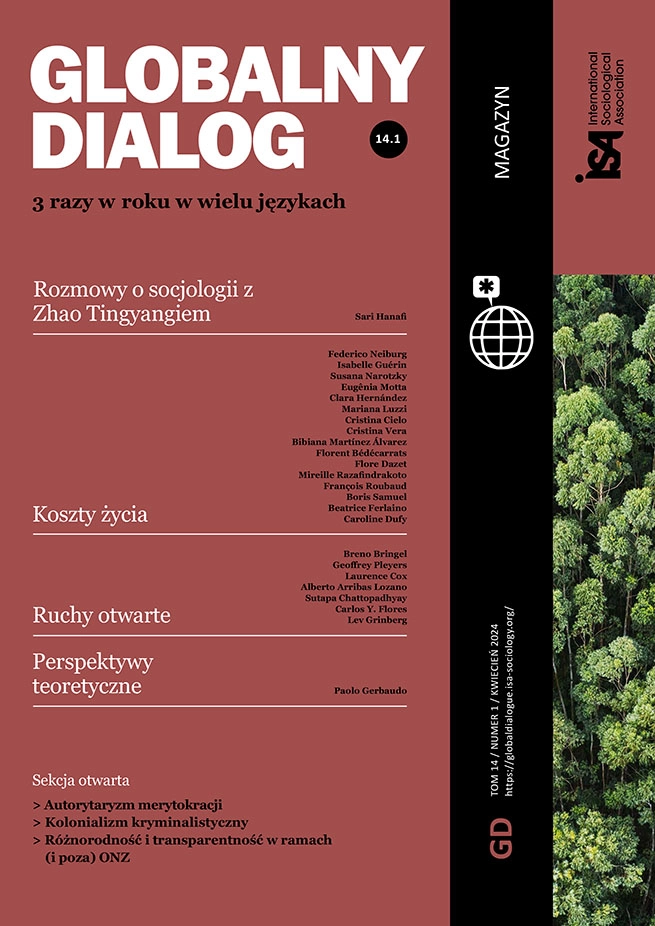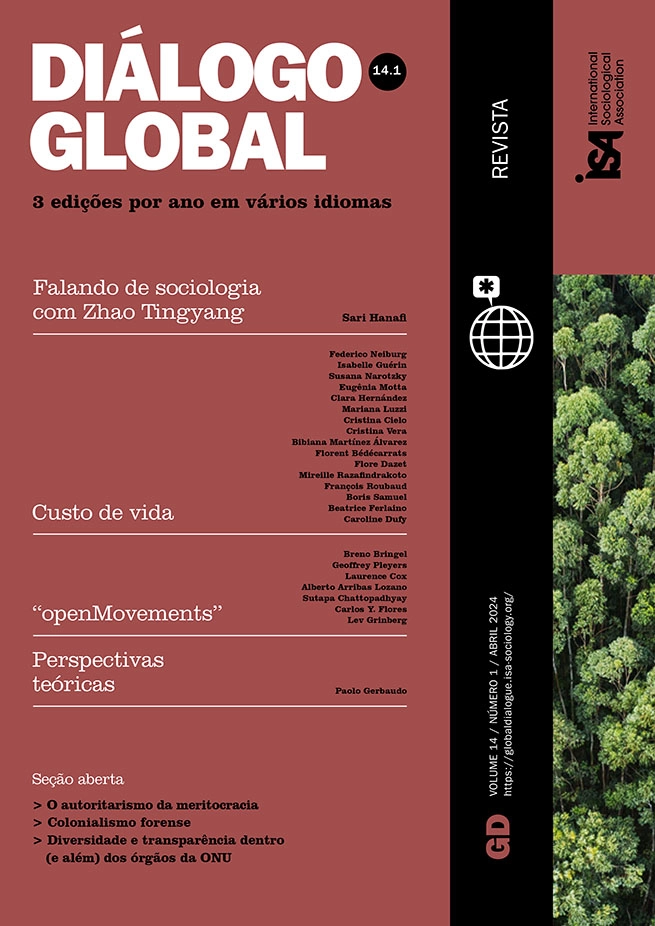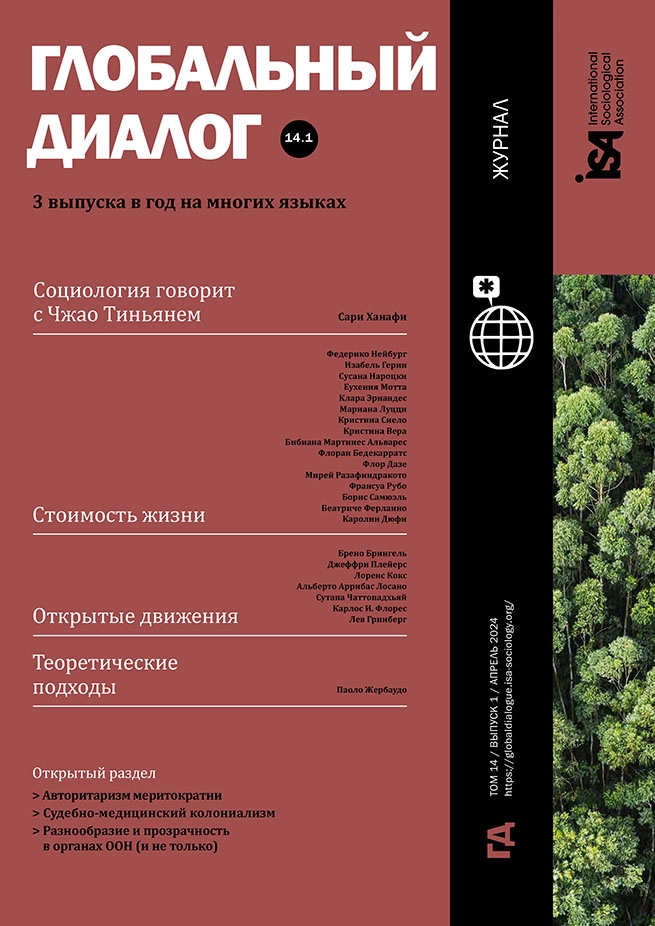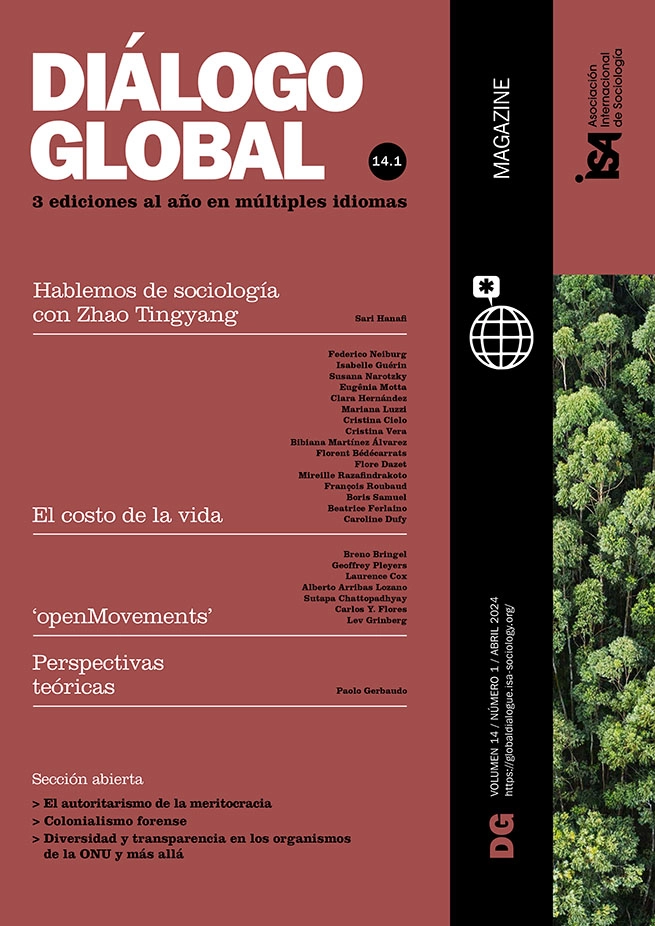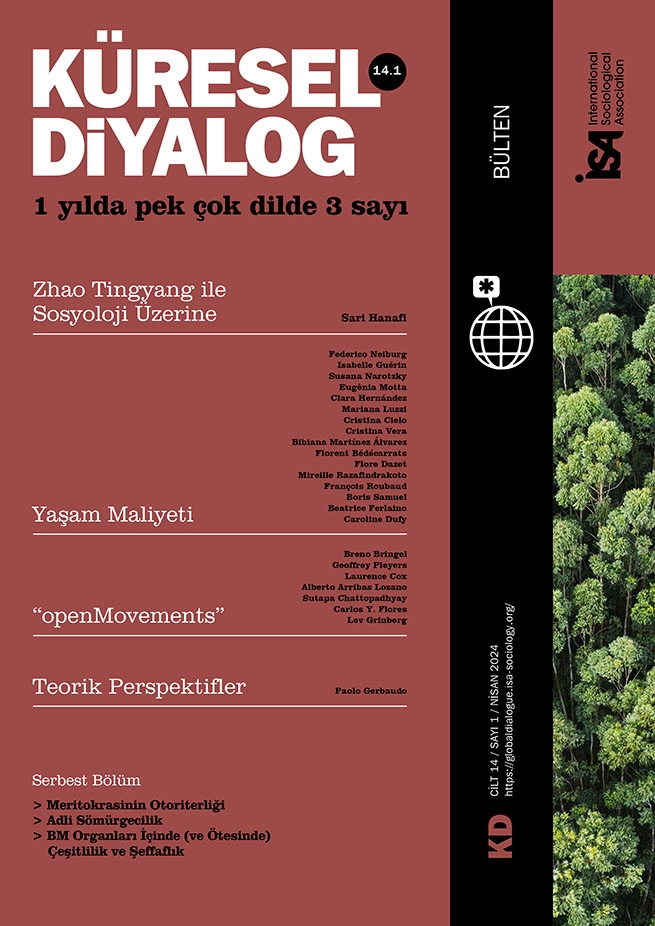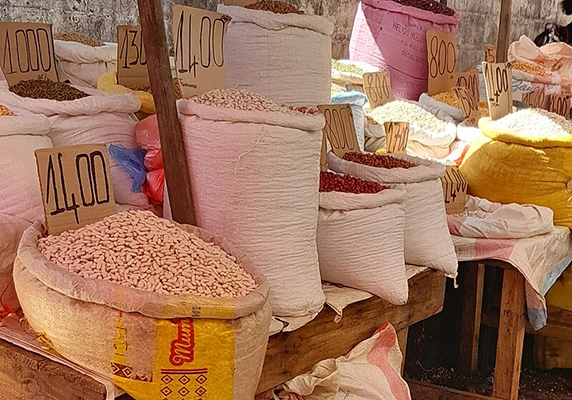Measuring the cost of living is crucial to understanding a country’s economic, social, and political fabric. Yet, it is fraught with complexities and controversies that stem from the diverse interpretations of “cost,” which involve values, technical capabilities, resources, and power dynamics. Despite its limitations, the Consumer Price Index (CPI) is often employed as the main proxy of living costs, thereby both reflecting and shaping economic conditions. The CPI is used as the key indicator of inflation, it plays a pivotal role in measuring poverty rates and purchasing power parities, and acts as a deflator for the GDP portion attributed to the informal sector. Additionally, the CPI is instrumental in indexing and negotiating wages, pensions, and social transfers; and in the structuring of aid programs and financial obligations. Previous studies have explored the socio-history of the CPI in developed countries and hyperinflationary contexts, revealing its influential role in shaping welfare states and salary regulations. This body of research delves into how changing power dynamics, societal actors, and the growing role of private and financial sectors shaped the development and application of the CPI.
The case of Madagascar: three indicators as imperfect and unsatisfactory proxies
However, a critical gap remains in understanding how the production and use of cost of living metrics operate in fragmented economies and weak states. To address this gap, in this article we examine the case of Madagascar: a former French colony where self-subsistence persists and partly escapes the market due to self-consumption farming, hunting, and gathering. Madagascar combines chronic food insecurity, extreme poverty, and a fragile state under an aid regime. Our research uses several sources, including our own (reflexive) experience as producers of statistical data in Madagascar, participant observation in a humanitarian NGO that generates its own data, and interviews with various actors involved in the production and use of price data.
Our analysis reveals three ways of grasping the cost of living: the National Statistical Institute’s CPI, used for macroeconomic steering and negotiations with international donors; alternative analyses and sometimes surveys produced by research teams concerned with accounting for the persistence of poverty and inequality; and indicators and surveys of humanitarian aid actors, aimed at steering aid distribution and focused on areas and populations at risk of famine. We question the making and use of indicators as an imperfect and unsatisfactory proxy to account for the cost of living, and show that technical modalities reflect contrasting visions of what counts and who counts or not, and are also indicative of who governs and for what purpose.
Expert economic and humanitarian interpretations
CPI experts define the cost of living as an average consumer price supposedly valid on a national scale. In Madagascar, however, and despite efforts to adapt it to the Malagasy context, the CPI reflects a partial reality, biased in favor of the formal economy, a well-off urban population and based on outdated consumption behavior, ignoring the failure and degradation of public services and the various costs (additional price, loss of “utility” or well-being, loss of time, etc.) that this implies for the population. It should be noted that a chronic lack of human and financial resources limits the ability of statistical experts to address these shortcomings, despite being largely aware of them.
Economists specializing in poverty and inequality define the cost of living as the result of individual (or household) consumption behaviors that vary according to social groups, space, and time. Specific statistical surveys adapted to local contexts highlight, for instance, wide variations in household consumption practices over time to cope with crises, the specific characteristics of rural households, the crucial importance of self-consumption, the extent of the deterioration in public services, and the resulting loss of well-being.
Humanitarian actors define the cost of living as a physiological minimum necessary to avoid malnutrition. They produce their own surveys (including price surveys), data and indicators, and this production is both abundant and impressive in terms of the degree of technicality (even if far removed from the “best practices” usually used for the CPI) and the resources dedicated to the task. Despite efforts to carry out participatory surveys, these are difficult to translate into numbers and local populations most often express themselves indirectly, by transgressing humanitarian policies and interventions according to their own standards of justice.
An impossible mission under fragmented government and national diversity
Each of these forms of expertise has its own raison d’être. Their promoters are rarely fooled by the weaknesses and limitations of their numbers, but they have a mission to accomplish and objectives to reach. They measure what they want to measure and what they can measure. As with any type of number, the numbers they produce serve as much to explain reality as to make it legible and to shape politics. Beyond the diversity of values concerning what counts and should be counted, the diversity of cost of living numbers illustrates a fragmented mode of government, in which NGOs and international organizations play a leading role. The lack of legitimacy of national price data, which reflects and crystallizes the weak legitimacy of the Malagasy State, authorizes and encourages aid agencies to produce their own data. The result is a self-poietic dynamic in which the data produced justifies both the urgency to act and the indispensability of humanitarian and development actors.
The profusion of indicators and analyses also reflects the economic and social fragmentation of the country. The CPI is supposedly “national,” but represents only a narrow fraction of the population and the economy (urban and market-based). There is not one economy but a plurality of separate and sometimes incommensurable economies. Much effort by research teams and humanitarian actors, sometimes in isolation, sometimes in collaboration, goes into gaining a better understanding of this plurality. However, these efforts cannot account for the specificities of the cost of living in a context where the informal economy, self-consumption, social and symbolic expenditure, hunting, and gathering represent a significant part of livelihoods and of a life worth living.
With the rise of nature conservation policies, these issues can no longer be ignored. Madagascar has a very ambitious conservation policy which seriously threatens the hunting and gathering practices of many villagers. So far, it is the poorest who are already paying the price for biased and approximate price indices, and this is likely to worsen if better methods of analyzing the cost of living are not applied, including taking into account its dimension of dignity and life worth living.
Florent Bédécarrats, Institut de Recherche pour le Développement (IRD), France <florent.bedecarrats@ird.fr>
Flore Dazet, EHESS Paris, France
Isabelle Guérin, IRD, France
Mireille Razafindrakoto, IRD, France
François Roubaud, IRD, France
